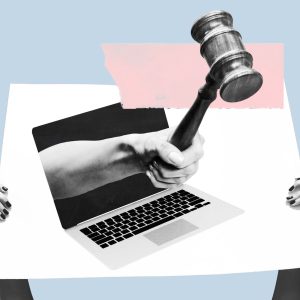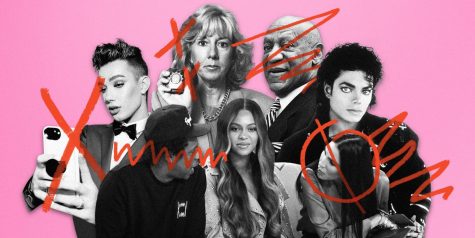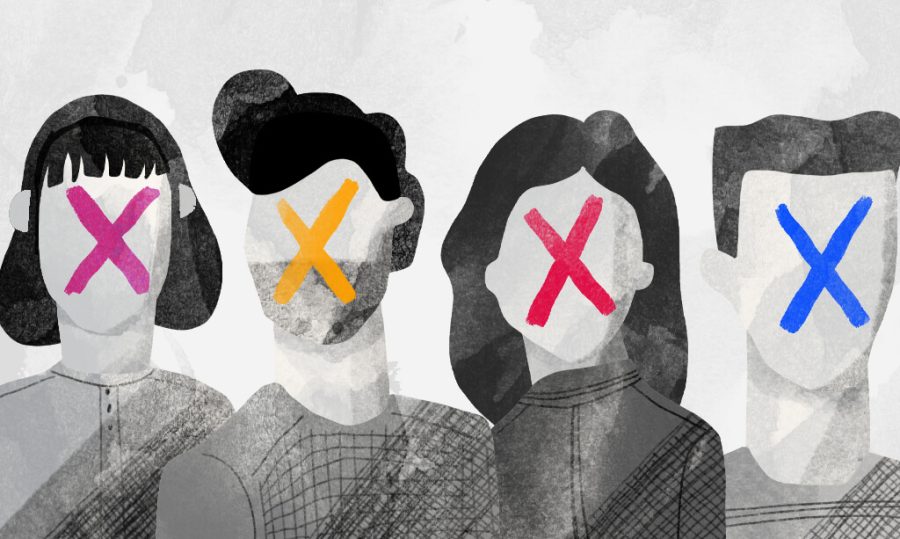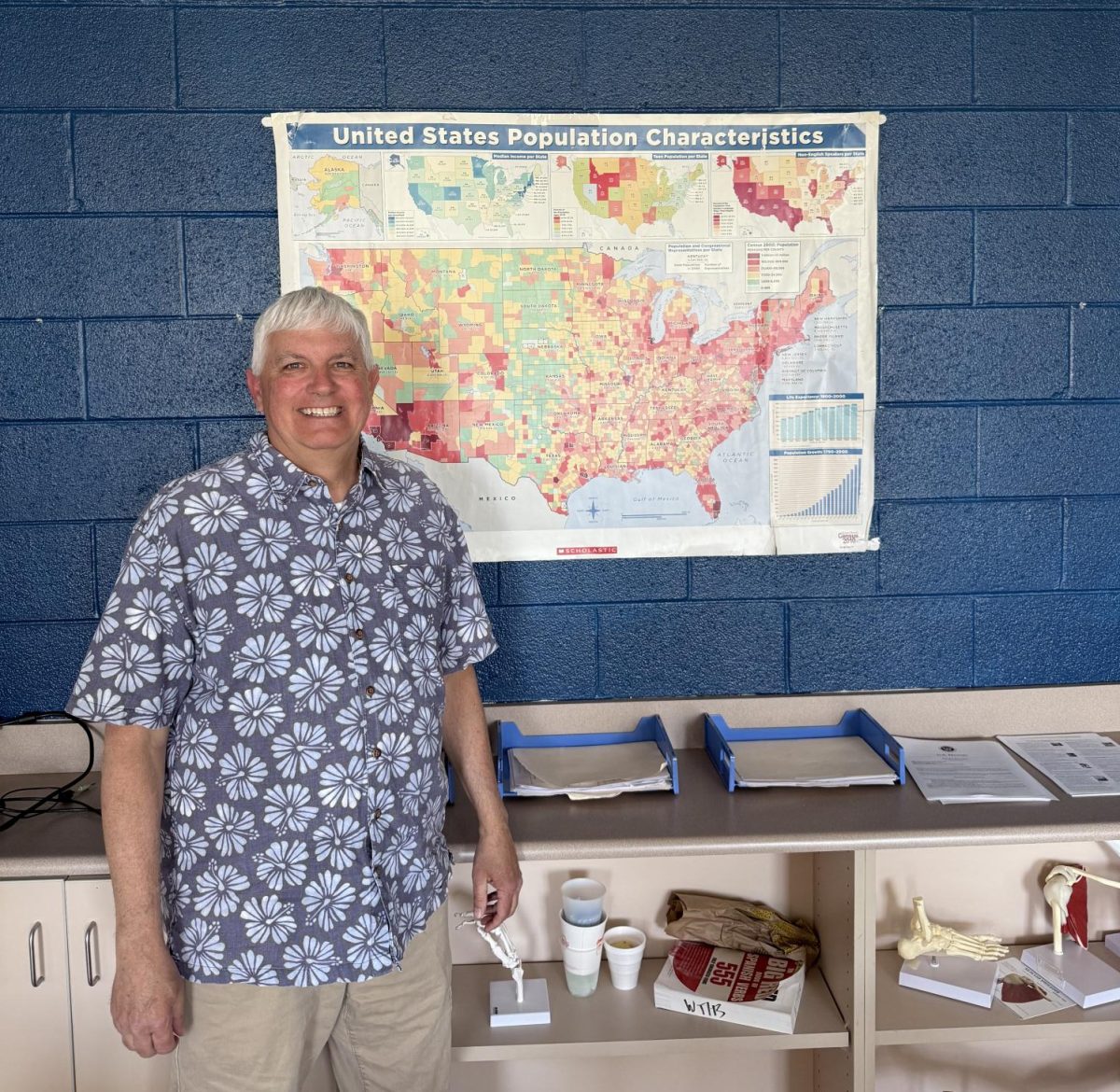Opinion – You’re Canceled!
January 30, 2022

Ever since we were little, our parents have all given us the same lecture, in more or less words. “Your actions have consequences.” Now, when we were five, those “consequences” probably looked a lot like sitting in timeout for a few minutes, and “thinking about what you have done.” As we get older, however, both the choices that we make and the outcomes that follow become much more impactful to our future. Not only can one bad or controversial decision affect the things that directly relate to it, but it can have a detrimental effect on how others view you and the overall course of your life. If this sounds wordy, here’s a current term that encapsulates it: cancel culture.
So, what is it, exactly? Cancel culture, as described by Pew Research Center, is centered around holding people accountable for their controversial actions by taking away their platform. These repercussions can range from losing sponsorships and brand deals all the way to being fired or facing legal consequences. A prime example is that of R. Kelly, an R&B singer who was accused and charged with multiple counts of sexual abuse, many involving underage girls. The general public came to a consensus that because of his actions, you cannot support him or his work.
At face value, canceling someone seems simple enough. However, there is a big debate of whether or not it has gone too far. Critics say that it doesn’t give any room to change opinions and grow. In R. Kelly’s case, it is clear that what he did was horrific. However, as BBC News writes, R. Kelly stated in his autobiography that he had too been sexually abused as a kid. This shows that in addition to facing his deserved consequences, he has extensive trauma and needs serious help. That is something that cancel culture hasn’t done a good job at handling. Society has put so much energy into penalizing people for their actions that we don’t get to the root of the problem. Cancel culture hasn’t stopped anyone from committing acts or changing their mindsets; it merely deals with what happens afterwards.

In addition to its failure to fix the actual problems at hand, another major flaw of this system is that if the bulk of people agree to one opinion, anyone in the minority is shamed for theirs. Then, if new information emerges that flips the opinion of the majority, they face no consequences. This “majority rules” approach makes it be seen as problematic to have a stance hat differs from other people’s. Cancel culture has become a dictator, especially on the internet, who wants to gain power by shutting down anyone who disagrees with him. His citizens have become so scared of getting singled out that they’ll go along with whatever he says, and become ignorant to false information.
The question still remains if this is even effective at doing what it was intended to do. In most cases, despite all the backlash, the person involved doesn’t completely lose their career. J.K. Rowling, who was canceled for making transphobic comments, still saw rises in book sales after the backlash. There is a certain irony to the fact that cancel culture seeks to destroy someone’s platform, yet it brings so much attention to them that it can end up building it higher; the only thing that was hindered in this case was her image. We are all guilty of being naive to the fact that celebrities and influencers do not care all that much about the public’s opinion of them, as long as they still make money. The truth of the matter is that they are most likely sitting in their lavish house, chuckling at everyone who thinks that this will hurt them. Maybe if they feel like it they’ll cut a few onions, get the tears rolling, and film an insincere apology video. And if you’re like Logan Paul or Laura Lee, that video will get millions of views and bring in even more money.
Despite all of this, cancel culture has prevailed. Perhaps we all know deep down that these flaws exist. Maybe it isn’t truly meant to be a way to hold people accountable, but instead to give us a feeling of contentness. If the public feels like we took away the power of someone who holds so much, we feel smug with ourselves and our “good deed”. But is it really doing any good if our views and clicks are still the things that pay their bills?









